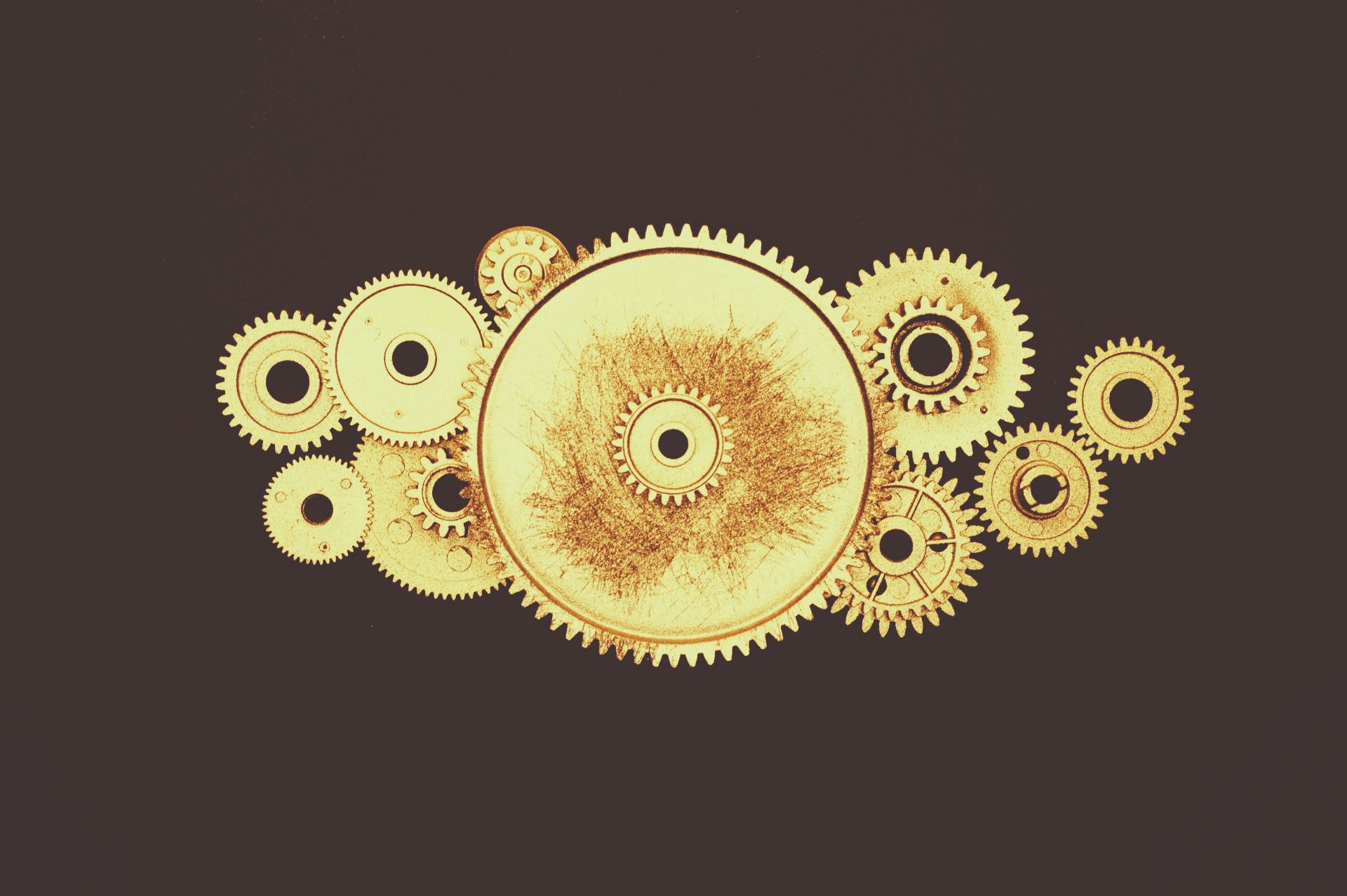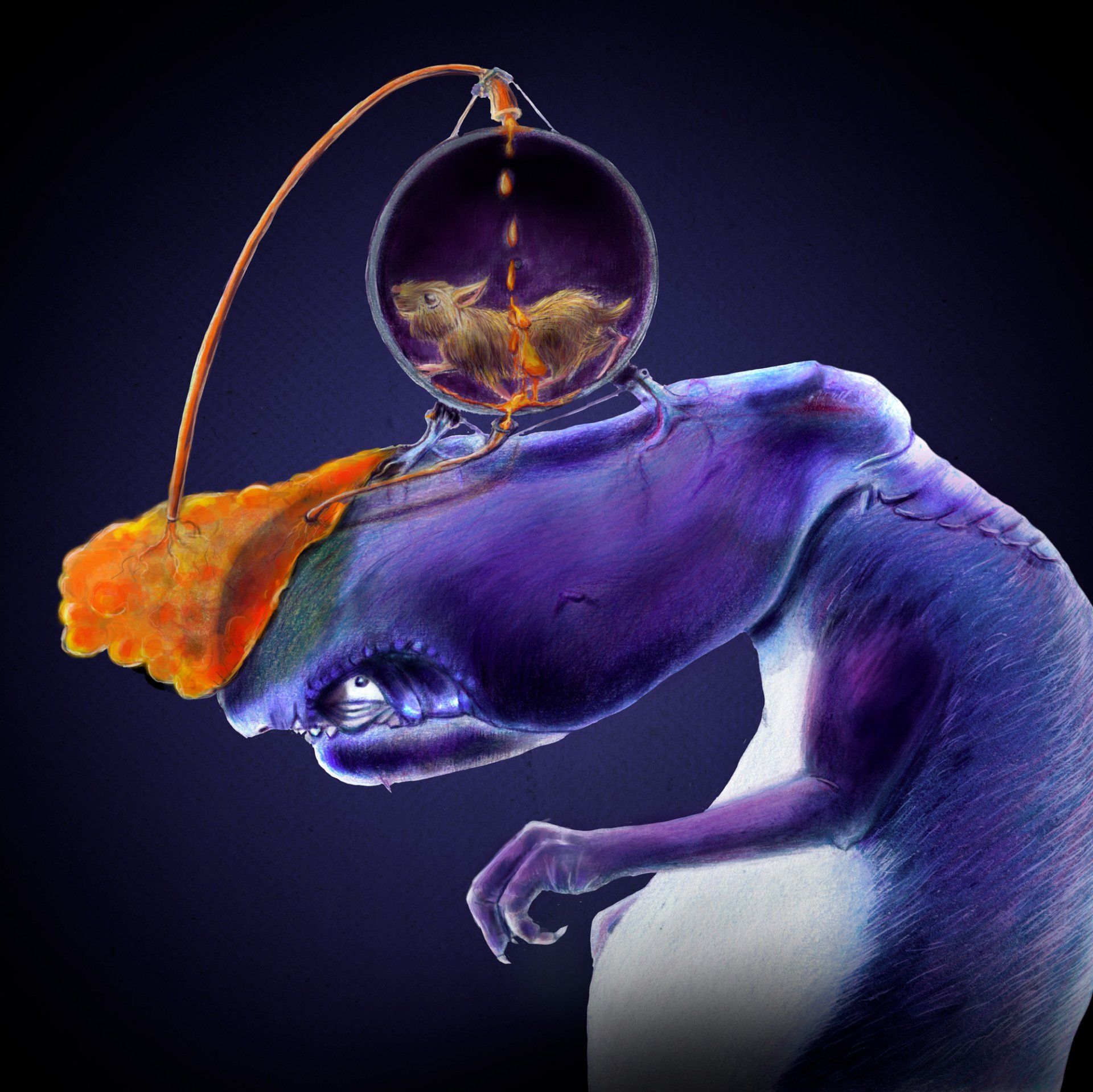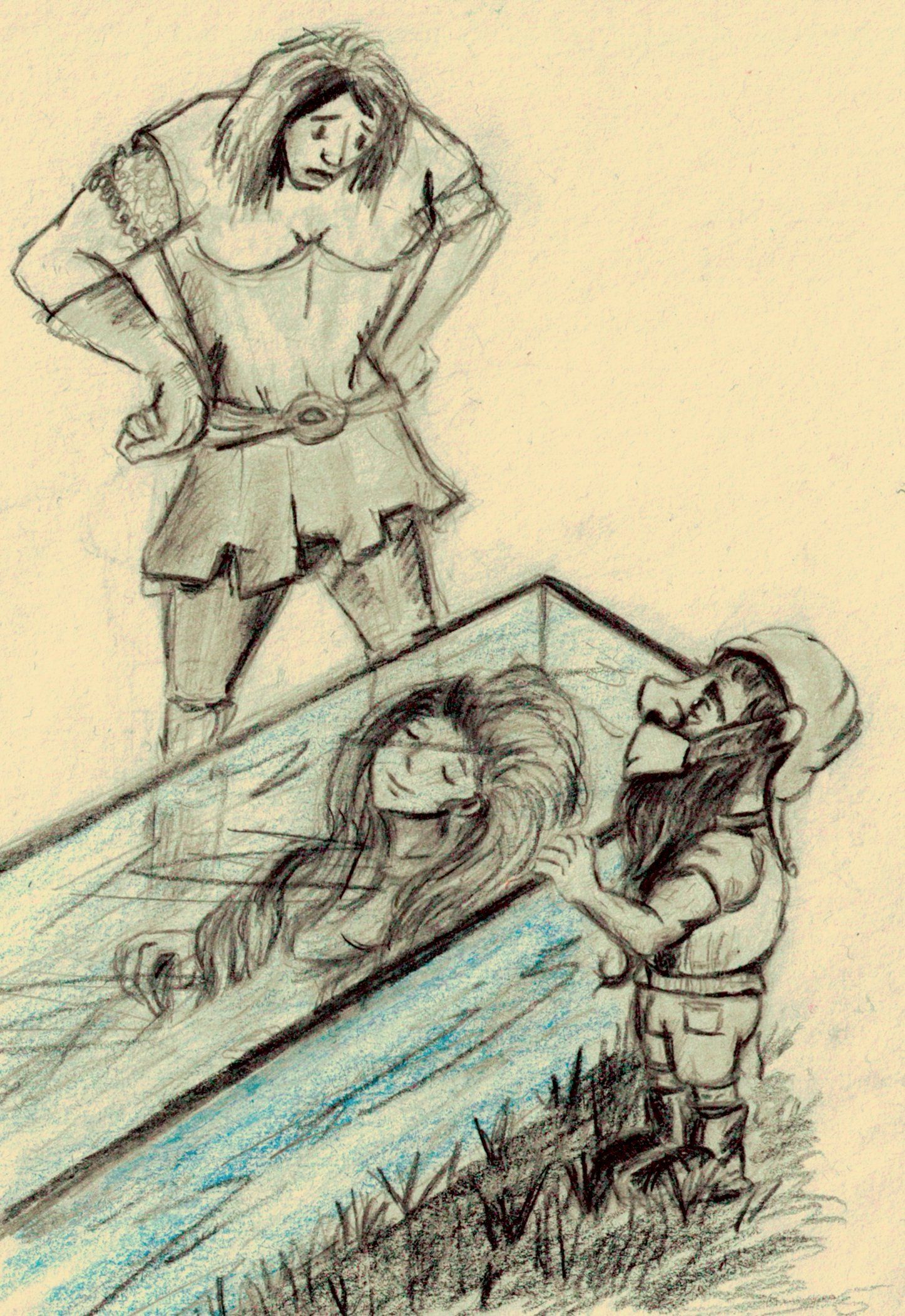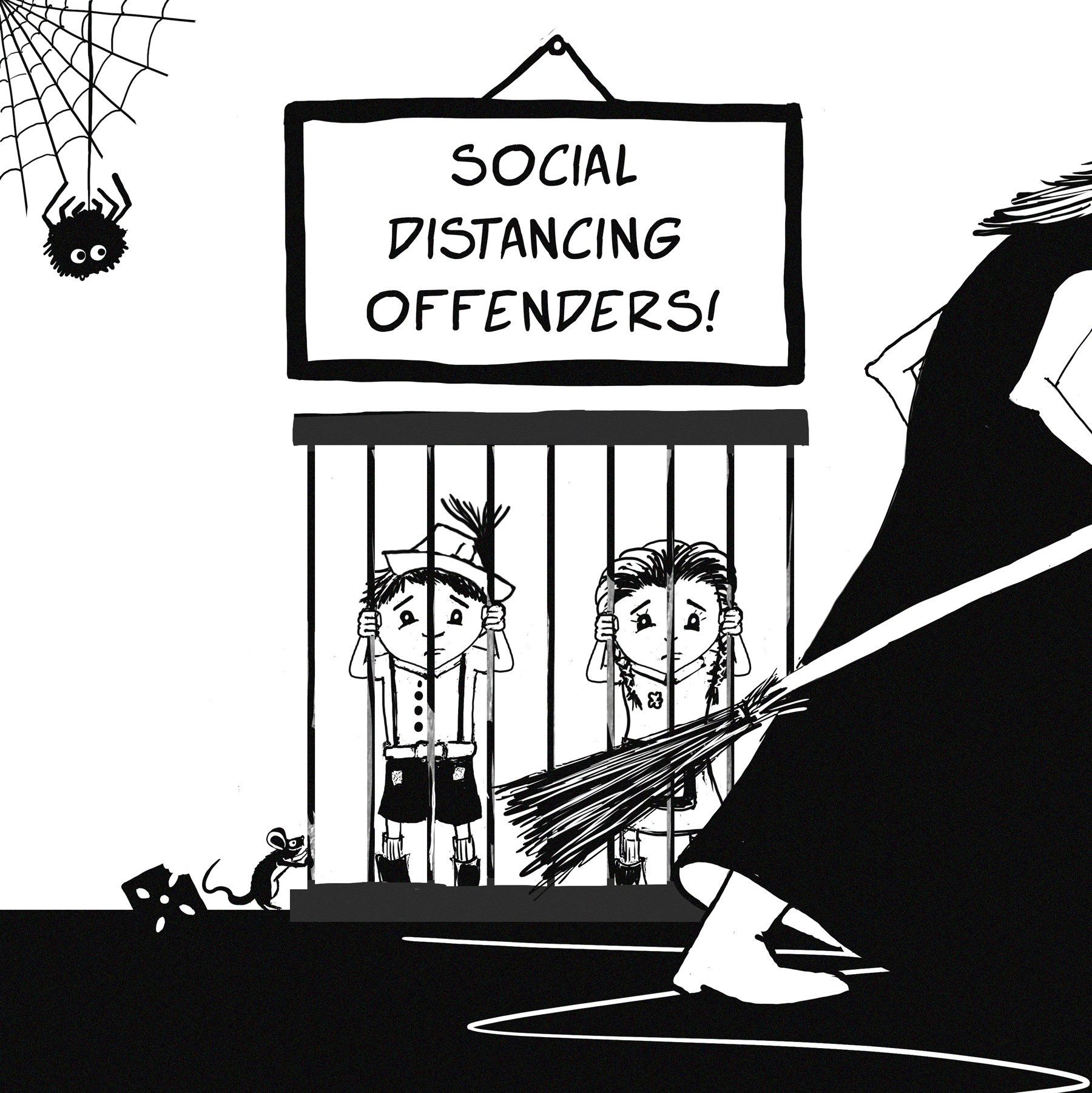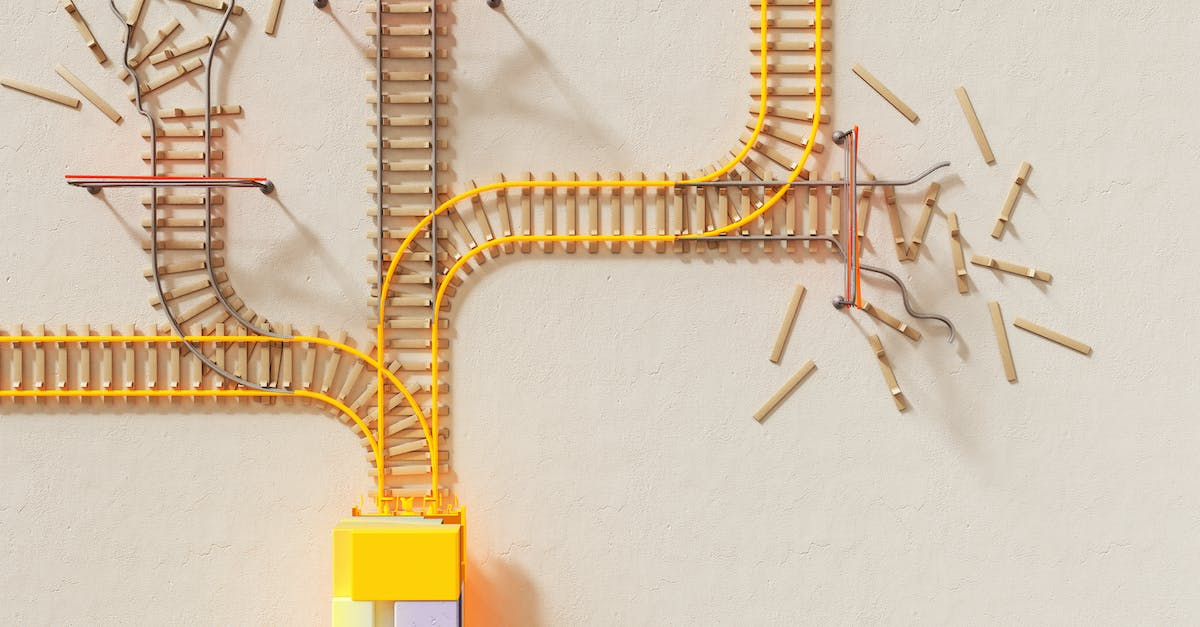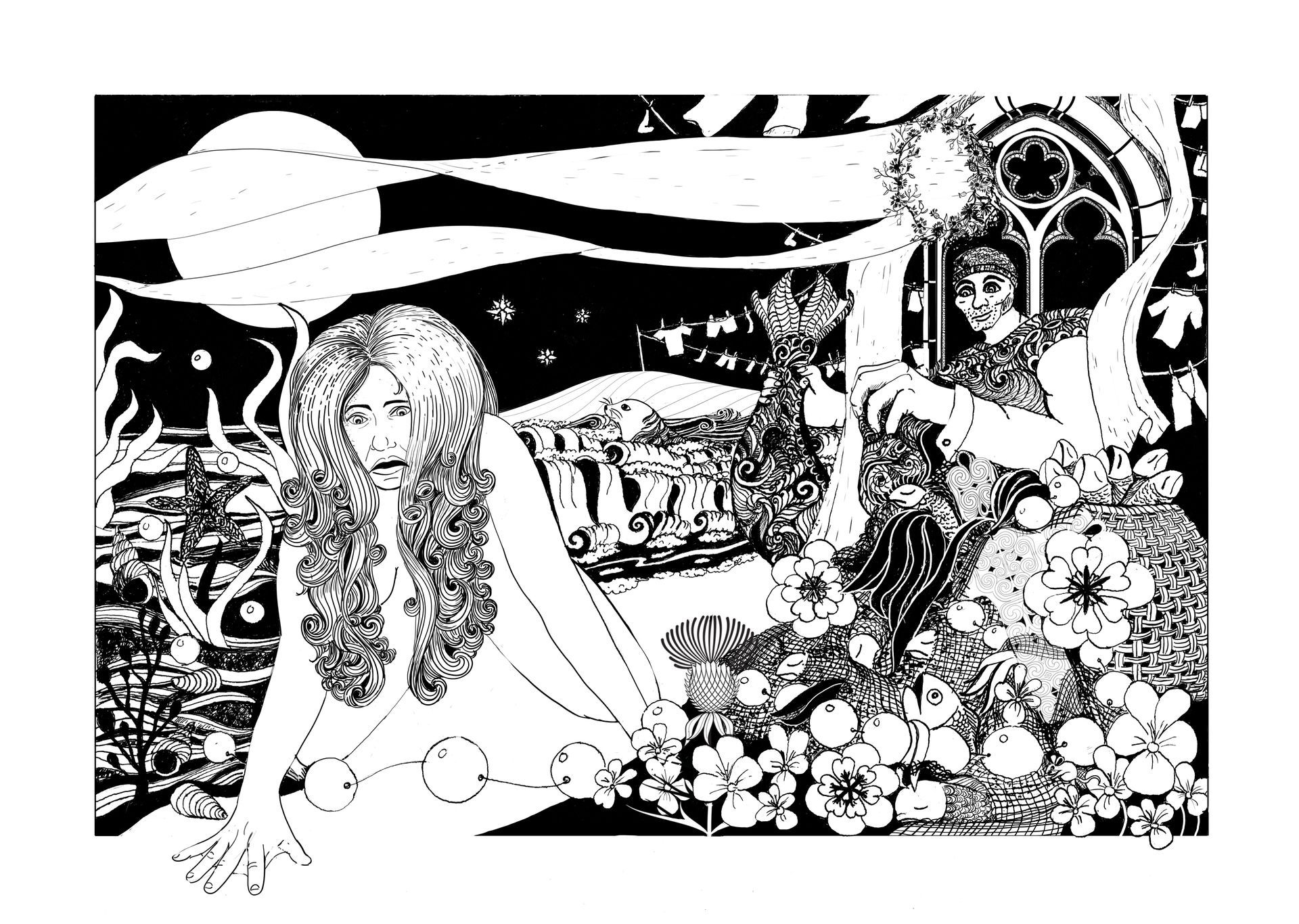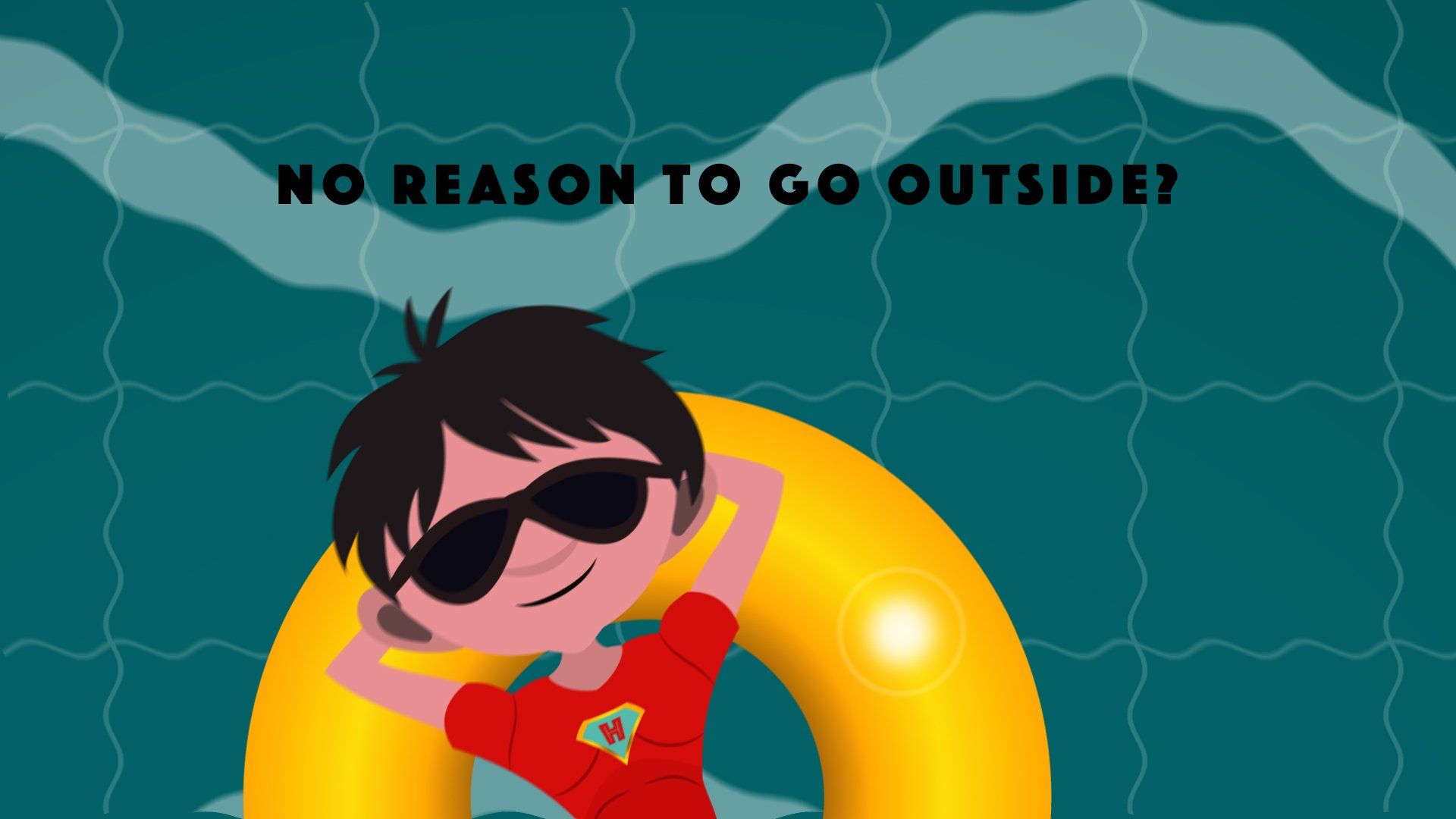Comparison is the thief of joy
Helpful thoughts for a life without drama

When I was introduced to the concept of ‘thought work’ in 2021 in Kara Loewentheil’s excellent podcast ‘Unf*ck you brain’, I was amazed to learn that thoughts determine not only our feelings but also our actions and returns. Applying the concept of ‘thought work’, I started compiling a list of what I like to call ‘helpful thoughts’ which enable me to reach for goals that have eluded me for years and keep to a schedule without drama, shame, and guilt.
As an illustrator, I wanted a visual to accompany the words so, for the coming months, I’ll share my illustrated helpful thoughts with commentaries for you to enjoy and ponder. If you are interested in the concept of ‘thought work’, I’d encourage you to follow the work of Kara Loewentheil.
---
Borrowed helpful thought: Comparison is the thief of joy.
This quote has been widely attributed to Theodore Roosevelt but not conclusively. What makes this thought so powerful is that it confronts us with the negative consequence of comparison: loss of joy. Interestingly enough, it is not the ability to see difference that robs us of pleasure but the value judgement we attach to perceived diversity. Let’s explore that concept in more detail.
Learning tool
The word ‘comparison’ comes from the Latin comparare (to pair or match) revealing its function of identifying similarities and differences. In its purest, functional form, it helps us to recognise and categorise different items into e.g. size, shape, colour, and pattern. With the ability to compare comes the ability to copy and replicate which paves the way to learning a new skill. A good way of learning to draw for example is to start replicating the works of other artists. Without observation and recognition of difference, we cannot first copy (match) the desired drawing style before we secondly, make it our own. Effective practise requires seeing difference.
Comparison and value judgement
The problematic nature of comparison rises its ugly head when it is accompanied by value judgement. Rather than comparing our drawing to that of another and purely noticing how it differs we may (mentally) add: ‘My drawing is terrible.’ That is a value judgement which often leads to: ‘I am just untalented’. Judgemental thoughts are not conducive to the long process of developing (drawing) skills that require us to copy, match, erase and start all over again many times over, because we’re most likely to stop practising altogether not being willing to bear the accompanying uncomfortable emotions. If we hold on to excitement and enjoyment throughout the process of stumbling and falling until we learn to walk, or in this example, draw well, we could accomplish our goal simply because we keep going rather than giving up.
Apples and pears
Another interesting aspect of comparison is that any value judgement is meaningless in a wider context. Who is to truly say if our artistic output is good or bad? On which scale is such a judgement based? What is considered ‘good’ or ‘beautiful’ is a changing social, historical and cultural construct which abnegates an ultimate truthful set of attributes. So, in that sense we literally compare apples with pears which never yields a useful result.
The thief of joy
Doing anything in a ‘being’ state is joyful. Whether we draw, sail, cycle or cook dinner, if we are immersed in an activity without value-judging our output, doing becomes extremely joyful. The moment we make a negative value judgement the bubble of joy, in which we were immersed only moments before, bursts and enjoyment turns into anxiety. Realising that we rob ourselves of joy by not only engaging but also believing in negative value judgements, we may actively reclaim agency over our thoughts and keep the thief of joy at bay.
